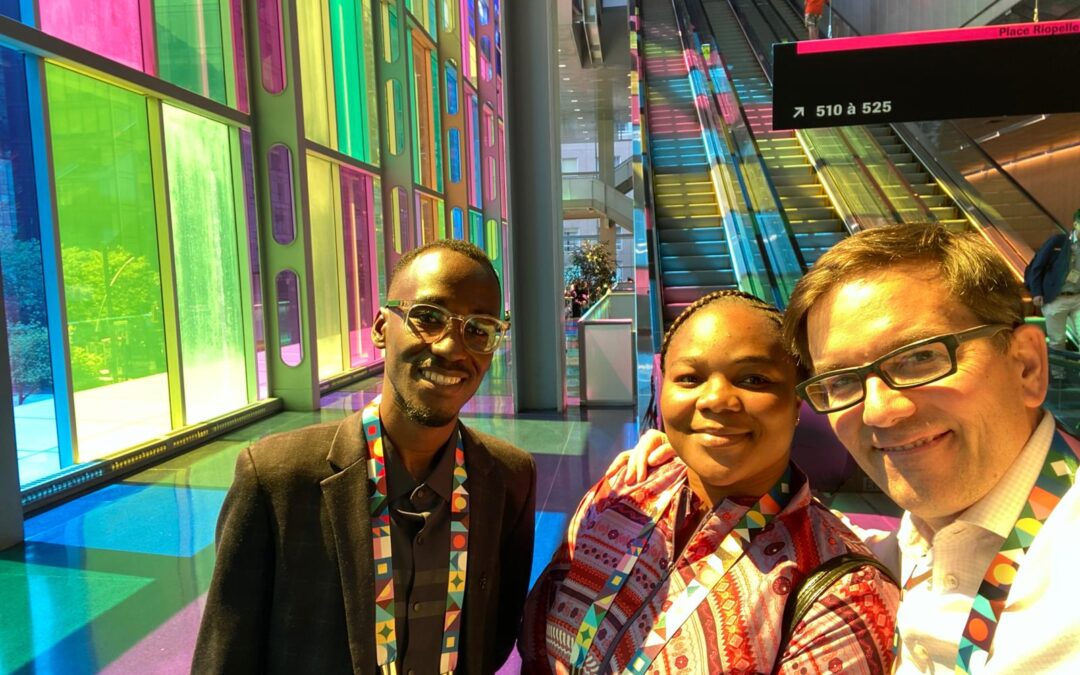
Next Gen Leadership: Reflecting on Y1 of the PATC3H-IN Youth Advisory Board
Guest Authors: Aishat Adedoyin Koledowo and Neale Natukwatsa Nomujuni | Co-chairs, PATC³H-IN YAB
When youth are actively involved in adolescent policy and programming, not just as beneficiaries but as leaders and decision makers, the outcomes are more relevant, relatable, and sustainable.
As the PATC³H-IN YAB marks the end of our first year, we pause to reflect on our journey so far. This year has been focused on building a strong foundation, amplifying youth voices, and ensuring young people are genuinely engaged in shaping solutions around HIV and health. From awareness campaigns to youth-centered research and advocacy, we have worked relentlessly to highlight the power of youth-led change.
The YAB
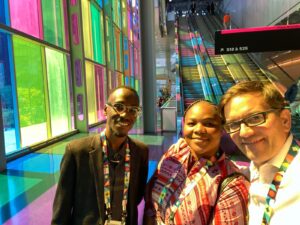 A youth advisory board (YAB) is a structured group of young people who provide their perspectives, insights, and recommendations to organizations, research initiatives, or government bodies. YABs are often part of NGOs, public health and research projects, helping to shape programs and policies that affect youth by ensuring their voices are meaningfully included in decision-making. Members typically range in age from 15 to 24, though this can vary.
A youth advisory board (YAB) is a structured group of young people who provide their perspectives, insights, and recommendations to organizations, research initiatives, or government bodies. YABs are often part of NGOs, public health and research projects, helping to shape programs and policies that affect youth by ensuring their voices are meaningfully included in decision-making. Members typically range in age from 15 to 24, though this can vary.
The cross-PATC³H-IN YAB includes youth representatives from each of the different PATC³H-IN projects, ensuring a broad and inclusive perspective across the network. Our YAB consists of 16 members and is led by a team of elected co-chairs (that’s us!). We are committed to championing youth participation, reducing stigma, advancing HIV prevention, and strengthening access to health services in the resource-limited settings where we live.
Year One Progress and Accomplishments
Social Media Campaigns and Awareness
Throughout the year, the YAB has implemented several strategies to connect with the youth network across the different PATC³H-IN Clinical Research Centers. Our social media campaigns created digital platforms that make it easy to engage with peers. By producing creative content, we’ve been able to reach a wider range of youth audiences, sparking discussions about HIV awareness, mental health, and youth involvement. YAB members have simplified complex messages into relatable calls to action through social media.
Youth Survey and Town Hall Meeting
Growing youth discussions led to the development and launch of a youth-focused survey designed to gather perspectives on HIV-related issues across Africa. This allowed us to understand different youth viewpoints on HIV, the role of youth in HIV programming, and the impact of USAID funding cuts.
With over 190 survey responses, it became apparent that organizing a virtual town hall meeting was necessary to complement the survey distribution. This event fostered open dialogue, encouraging honest conversations to identify key issues, challenges, and potential remedies, offering a platform for young people to share their experiences, ideas, and recommendations on tackling HIV/AIDS.
We have begun to draft a research paper to highlight the findings from this process.
Spotlight Sessions and Capacity Building
Youth engagement is more than a box to check; it is the heartbeat of change. During our first year, the YAB introduced youth engagement strategies through capacity building and a social media campaign celebrating youth achievements in advocacy and health. We have stepped forward not just as participants but as leaders, shaping conversations, research, and action around HIV and health. The Spotlight Series posts were a recurring feature across the INSPIRE social media platforms (Instagram, X, LinkedIn) and designed to celebrate the achievements of our members. These curated posts highlighted individual accomplishments, milestones, or contributions within the YAB and broader PATC³H-IN community. They served as a way to recognize and uplift youth voices, promote peer inspiration, and build a sense of collective pride and visibility across our network.
YAB members are being trained in research writing, content creation, and blogging to boost personal development and YAB visibility. These skills are central to engagement, enabling youth to share stories, ideas, and solutions, impacting research, grant writing, and projects addressing genuine needs. YAB members now co-author work to transform their communities instead of being spoken for. In advocacy, they’ve raised bold voices, challenged stigma, promoted inclusivity, and paved paths for others.
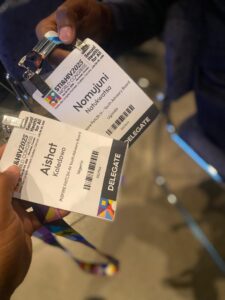 The STI & HIV World Congress
The STI & HIV World Congress
Under the theme “Sexual Health for All,” the STI & HIV World Congress 2025 held in Montreal, Canada, in September demonstrated how co-creation transitioned from theory to practice.We were invited to attend and to facilitate a lively workshop focused on the revision of a TDR practical guide on youth co-creation. We led discussions between researchers and advocates to develop strategies for sexual health and community engagement. We were sure to emphasize the vital role of YABs in amplifying youth voices, ensuring that campaigns and innovations tell stories that genuinely reflect real needs and lived experiences. By encouraging collaboration and shared ownership, young leaders show that co-creation is more than just a process—it’s a path to more responsive and fair solutions for youth health needs.
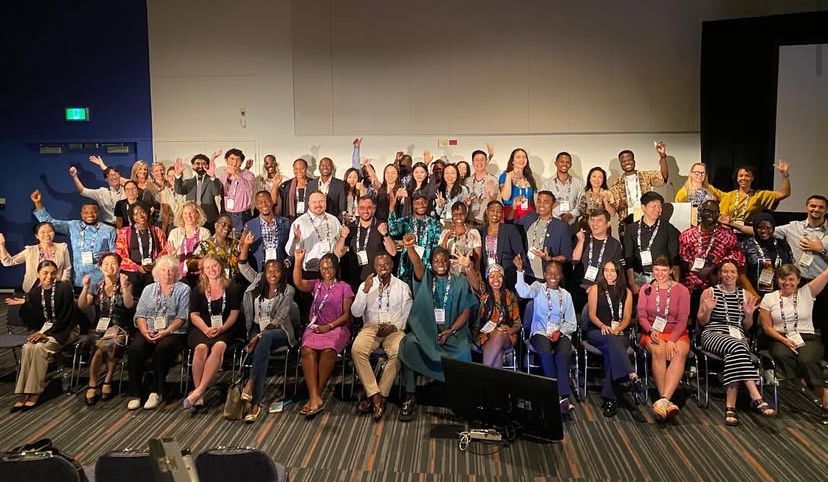
Our Year One Impact
This year was not without challenges. Yet, the obstacles we faced only reinforced the need for innovation and collaboration. By leveraging digital tools and peer-to-peer networks, we found that meaningful engagement was possible even in difficult circumstances.
We are proud of what we’ve accomplished together, especially:
- Reaching hundreds of youths through virtual awareness campaigns.
- Collecting valuable insights from youth across multiple countries via our survey.
- Engaging peers and stakeholders through our virtual town hall dialogues.
- Contributing to the academic and policy space with our upcoming research paper and advocacy toolkit.
- Representing African youth at the 2025 STI/HIV World Congress, amplifying youth-led solutions on a global platform.
Focus for Year Two
As we step into our second year, we will be focused on:
- Expanding our reach to engage more with the youth across diverse networks.
- Showcasing YAB insights at conferences, ensuring youth perspectives are visible in global spaces.
- Building capacity, equipping members with advanced skills in writing, advocacy, and digital engagement.
- Scaling our media campaigns, reaching even more young people with messages of awareness, empowerment, and change.
Acknowledgement:
We express our sincere gratitude to our board members, partners, and the many young people who entrusted us with their stories and energy. Year one was just the start of our journey together; we are working towards a future where youth are seen as leaders, not merely participants.
Meet the YAB
Click on a name to learn more.
Aishat Adedoyin Koledowo | Co-Chair
 S-I TEST, Nigeria
S-I TEST, NigeriaAishat Koledowo is a public health professional with a deep commitment to youth empowerment and health equity. Her journey began as a youth advocate, where she led an impactful initiatives to promote HIV self-testing, awareness and healthy behaviors among young people. That early experience shaped her strong dedication to ensuring that every young person has access to knowledge and resources to make informed health decisions.
Over the years, Aishat has built extensive experience in research, community mobilization, stakeholder engagement, and health promotion. She has worked with diverse groups and organizations, always promoting collaboration to achieve shared goals. Her work is rooted in a strong belief in inclusive decision-making and the power of youth-focused health initiatives.
Aishat currently serves as a Research Officer at Lagos State Health Management Agency (LASHMA), where she drives evidence-based interventions to strengthen health systems. She also plays a key role as a Youth Ambassador for 4 Youth By Youth (S-ITEST), leading HIV self-testing campaigns to empower youth.
Her involvement with INSPIRE began as Co-Chair of the Youth Advisory Board, where she remains an active voice in promoting global health advocacy. Aishat continues to be a driving force for positive change, always seeking new ways to uplift and empower young people.
Outside of work, Aishat enjoys mentoring youth and exploring innovative health strategies.
Neale Nomujuni Natukwatsa | Co-chair

Nomujuni Neale Natukwatsa is a dedicated healthcare provider, youth advocate, counselor, teacher, and early-career researcher with a deep passion for adolescent health, HIV prevention, and mental health wellness. He serves as Head of YAB with IDRC/MUJHU and as Co-Chair of the INSPIRE Youth Advisory Board, where he champions meaningful youth engagement in health policy and programming. Nomujuni works closely with Uganda’s Ministry of Health as an Associate under the Young Adolescent Peer Support program, shaping national strategies that prioritize the voices and needs of young people.
With multidisciplinary expertise, Nomujuni brings a grounded understanding of the real-life challenges adolescents face in navigating healthcare. His work includes co-creating community-based solutions such as peer navigation, advising on youth-centered study design, facilitating consultations and public dialogues, co-developing tailored interventions, and strengthening referral pathways. Through research, advocacy, and collaboration, he is committed to building inclusive, ethical, and responsive systems—proving that youth are not just participants, but powerful leaders of change.
Stella Chinyonga | Digital Lead
 ZAIMARA, Zambia
ZAIMARA, ZambiaStella Chinyonga is a devoted public health nurse with passion in health advocacy. She has made significant strides in promoting health and wellness in underserved communities. With experience as a volunteer nurse and programs manager at Tabene youth Advocacy Network, Stella developed and implemented impactful HIV/AIDS prevention programs. She currently serves as a Digital Lead for the INSPIRE Youth Advisory Board, leading the Youth Advocates for Change initiatives to amplify youth voices in implementation science. Her work has been recognized by the Center for Infectious Disease Research in Zambia (CIDRZ) for outstanding efforts in HIV/AIDS advocacy and was appointed as one of the youth community advisory board representative. Stella’s passion lies in improving health outcomes and empowering communities, particularly in HIV/AIDS prevention and management. She is committed to making a lasting impact and collaborating with like-minded individuals to create positive change.
Beene Chitempa
ZAIMARA, Zambia
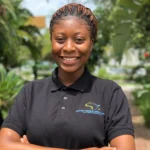
Beene Chitempa is a nurse by profession with a passion for empowering young people to make informed health decisions. With experience in teaching, facilitation, community engagement, and data management, she has worked with diverse groups to drive positive change. Her journey began as a peer educator, creating safe spaces for youth to discuss sexual and reproductive health.
Beene has served as a Training Coordinator on the Southern Africa Accelerated Innovation Delivery Initiative (AID-I), promoting climate resilience among young women and youth in rural communities. As a CIDRZ Executive Committee Member and INSPIRE YAB member, she advocates for youth voices in all stages of project implementation. Throughout her career, she has championed women and youth focused initiatives, emphasizing inclusive decision making and amplifying marginalized voices.
Asanele Ndevu
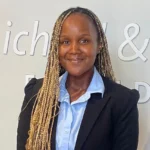 ATTUNE, South Africa
ATTUNE, South Africa
Godswill Nwoha Chisom
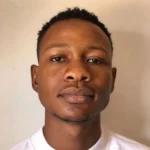 S-I TEST, Nigeria
S-I TEST, Nigeria
Godswill Nwoha Chisom is a passionate healthcare professional and youth advocate with over four years of experience in community outreach, program coordination, and peer education. Currently pursuing a degree in Guidance and Counselling at the University of Abuja, he has served as a counselor, HTS focal person, and peer educator at Kuje General Hospital. He is the Assistant Program Coordinator at Beyond Development for Africa Youth Advancement Initiative, S-I Test Ambassador for the 4YBY project, and CEO of Zoommax Cleaning and Delivery Services. Godswill has led several successful outreaches with AHF, championed youth-friendly initiatives, and has a strong track record in monitoring and reporting. His dedication, leadership, and communication skills make him a valuable asset to any cause or organization.
Raine Alamanya Renatus
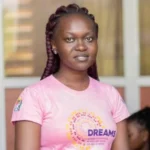 MWOTAJI, Tanzania
MWOTAJI, Tanzania
Esther Mangadzuwa
 VS4A, Malawi
VS4A, Malawi
Rukia Hassan
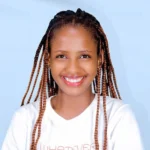 MWOTAJI, Tanzania
MWOTAJI, Tanzania
Nicolas Shima Aernan
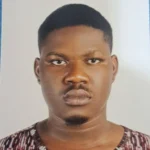
RISE, Nigeria
Pimer Clare
 MUJHU, Uganda
MUJHU, Uganda
Pimer Clare is a student doing secretarial and office management work. Pimer is interested in creating youth awareness of HIV/AIDS. In addition to serving as a youth advisory board member for INSPIRE, Pimer serves as a peer and community advisory board member at Kagadi hospital under HIV prevention department
Desderata Mlachila
 VS4A, Malawi
VS4A, Malawi
Desderata Mlachila is a well-disciplined, focused and self motivated with good interpersonal and communication skills. An innovative and creative person who quickly learns new skills and embraces changes, she has a passion for serving others on leading roles. A major achievement in her life was managing to advise children who had high viral loads that are now suppressed. Desderata loves my work and it is her wish to reach out the needy and those who fail to take drugs so that they can adhere and achieve viral suppression.
Chinedu Mbah
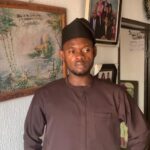 iCARE Plus, Nigeria
iCARE Plus, Nigeria
Hezekiah Samuel
 iCARE Plus, Nigeria
iCARE Plus, Nigeria
Philip Chinseu
 RISE, Nigeria
RISE, Nigeria
Thandekile "Tiny" Thusini
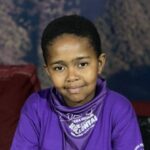 ATTUNE, South Africa
ATTUNE, South Africa
Thandekile “Tiny” Thusini is a leader, facilitator, public speaker, and human rights activist from KwaZulu Natal, Pietermaritzburg, in South Africa. She is a conversationalist passionate about youth empowerment and community development. She serves as a director of UMBONO NPO; a chairperson for Home of Hope Youth Foundation, a 2025 SunshineCinema Spark impact facilitator; Youth Advisory Board member in AHISA(SA) For Youth Adolescent Research in HIV; and a youth reporter at Sinomlando Centre and former radio presenter at UMgungundlovu FM local radio station.
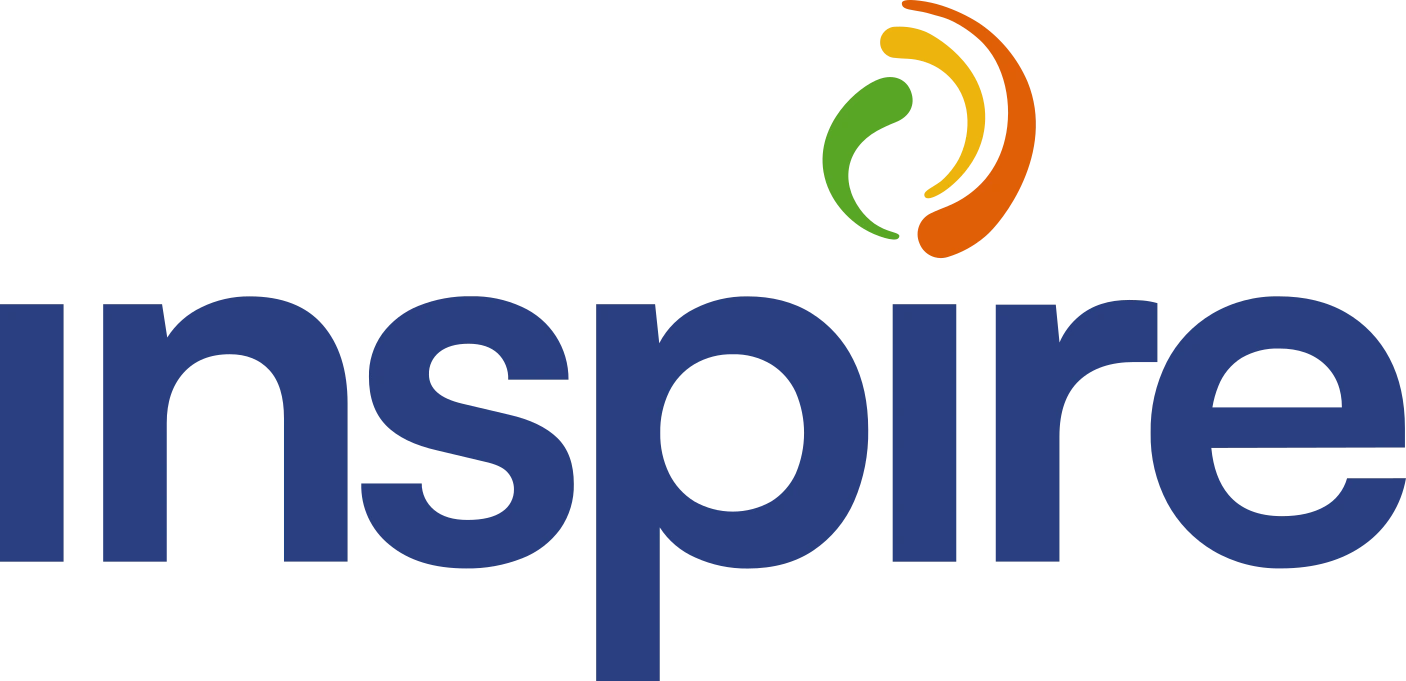
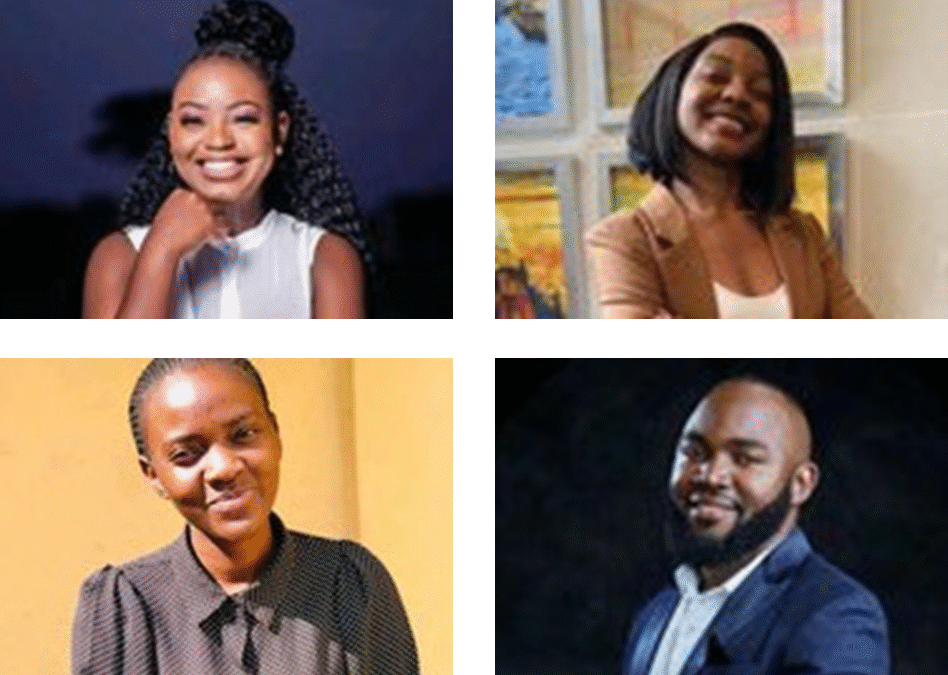
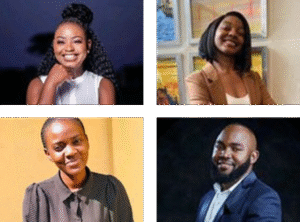
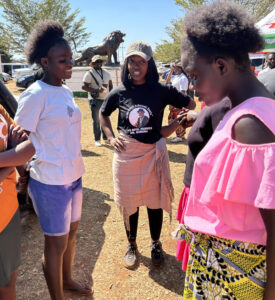
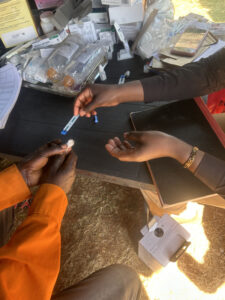 So far, we have trained peer educators and navigators and carried out a pilot outreach. It hasn’t been entirely smooth—particularly in peri-urban communities. Some challenges we’ve faced include persistent stigma and limited knowledge about HIV testing among youth.
So far, we have trained peer educators and navigators and carried out a pilot outreach. It hasn’t been entirely smooth—particularly in peri-urban communities. Some challenges we’ve faced include persistent stigma and limited knowledge about HIV testing among youth.